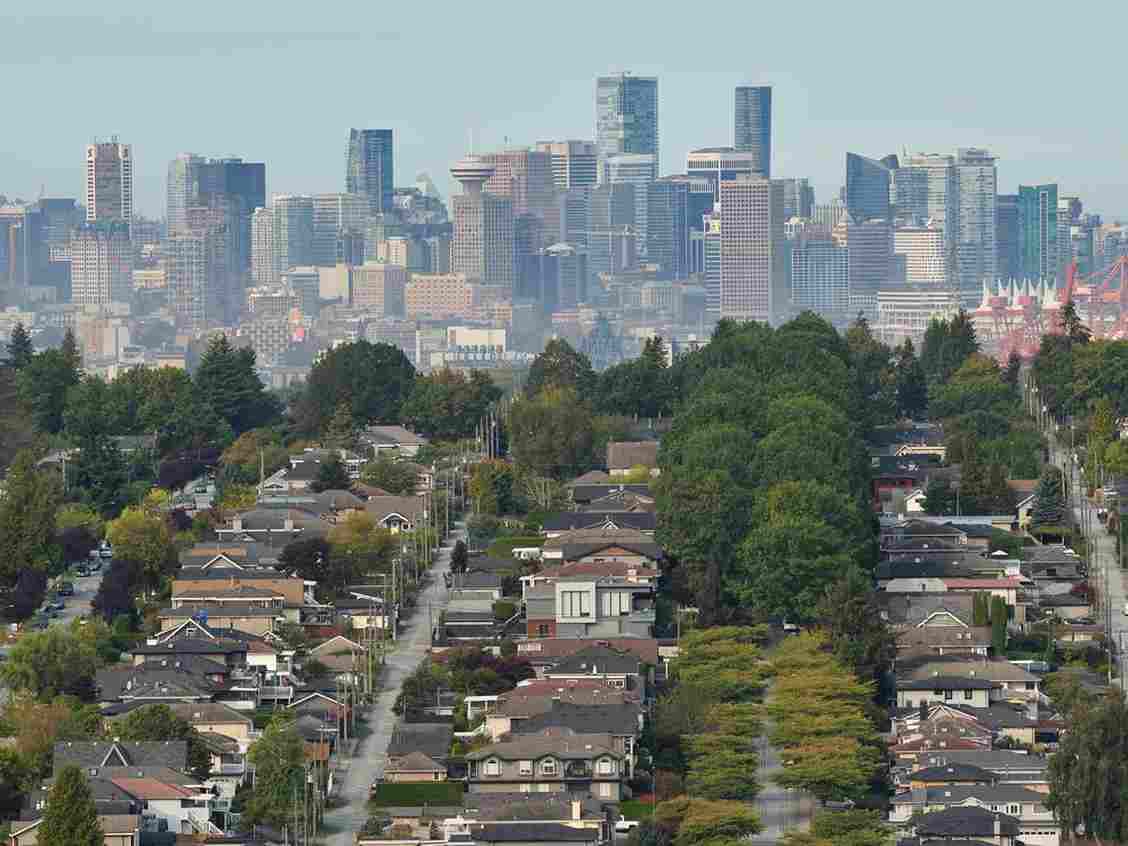Not a lot is known about the prevalence of vacant homes in Toronto, not even how many dwellings currently stand vacant. Some estimates suggest about one per cent of the dwellings could be empty. The city estimates the proposed one-per-cent tax on the assessed value of unoccupied homes could raise $55 million to $66 million annually, based on an estimated 6,500 to 9,600 dwellings that might be subject to the tax.
The tax would be imposed on properties that remain unoccupied for more than six months starting in 2022. Vacant principal residences are exempted from the tax. Other exemptions accommodate snowbirds, dwellings being renovated or sold, and the death of the property owner.
The federal government is also planning to impose “Canada’s first ever national tax on non-resident, non-Canadian owned residential real estate that is considered to be vacant or underused” starting in 2022. Whereas the feds intend to target offshore investors, the municipal version of the tax does not differentiate by citizenship status.
Housing affordability advocates believe empty dwellings are far more numerous than one per cent of the housing stock. Jaco Joubert, a resident in downtown Toronto, used a light-detecting camera to snoop around on neighbouring highrises. He believes 5.6 per cent of the dwellings in his neighbourhood are vacant.
But let’s see what lessons we can draw from Vancouver’s experience. Vancouver’s annual report on the empty homes tax for 2019, the latest available online, identified 6,025 vacant dwellings, representing 3.1 per cent of the housing stock. About 4,132 vacant units were exempted from the tax, which was imposed on the remaining 1,893 vacant dwellings, or slightly less than one per cent of the units.
Perhaps oddly, the assessed value of vacant properties was noticeably higher than others. For example, the average vacant condo was assessed at $1.5 million compared to $900,000 for condominiums overall. Similarly, the assessed value on vacant single-family homes was on average 52 per cent higher than on single-family homes overall.
A key takeaway from Vancouver is that most vacant units were eventually exempted from the tax. Furthermore, the number of dwellings subjected to the tax declined to 1,893 in 2019, from 2,538 in 2017. Moreover, the revenue generated by the vacant dwelling tax and associated penalties in Vancouver declined to $27.9 million in 2019, from $33.6 million in 2017.
source: financialpost




